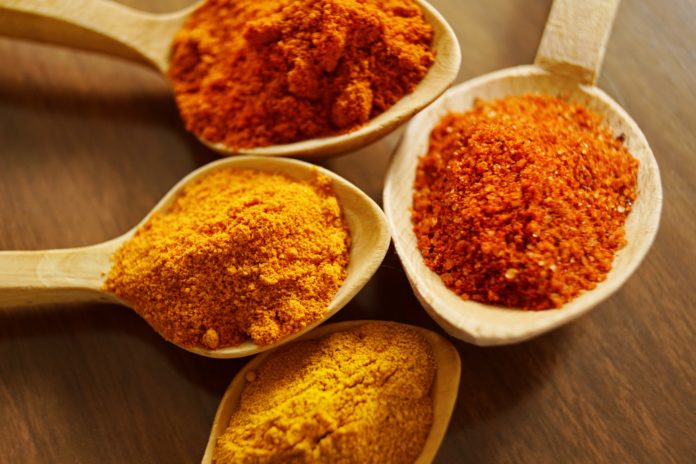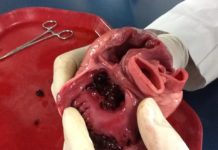
Turmeric can make your heart healthy once more
New research suggests that curcumin, a main ingredient in turmeric or haldi, may improve exercise intolerance related to heart failure. The study has been published in the Journal of Applied Physiology.
People with heart failure have a reduced function of the left ventricle, the chamber of the heart that pumps blood to the rest of the body, called reduced ejection fraction. This is linked to decreased ability to exercise.
Curcumin, a chemical that comes from the turmeric plant, has been used as a traditional Indian medicine for centuries, primarily to treat gastrointestinal ailments, skin wounds and also as beauty product. Ayurvedic literature also cites many benefits of turmeric.
Studies increasingly suggest that the compound may prevent or limit muscle wasting associated with a number of health conditions, including heart failure.
Curcumin, the active compound in turmeric, may repair exercise intolerance faced by patients with heart failure, suggests a new research
Researchers from the University of Nebraska Medical Center theorized that a reduction in the normal signaling of Nrf2, a protein that regulates the expression of antioxidant enzymes, may play a role in the impaired expression of antioxidant enzymes. They examined the effects of curcumin, which is known to promote activation of Nrf2, on a mouse model of heart failure with reduced ejection fraction. One group of mice with heart failure received daily doses of curcumin for 12 weeks, and another group did not receive treatment. The heart failure groups were compared to a control group of healthy mice that received curcumin and an untreated control group.
The research team measured the exercise capacity of all the mice before and after curcumin treatment. The researchers also examined muscle fiber samples to assess enzyme expression levels. They found that expression of Nrf2 increased and levels of antioxidant enzymes improved in the animals with heart failure that were given curcumin. In addition, both groups that received curcumin—even the animals without heart failure—had improved exercise capacity when compared with the untreated groups, suggesting the effects of curcumin on skeletal muscle is not exclusive to heart failure.
“These data suggest that activation of Nrf2 in skeletal muscle may represent a novel therapeutic strategy to improve … quality of life” in people with heart failure with reduced ejection fraction, the researchers wrote.












